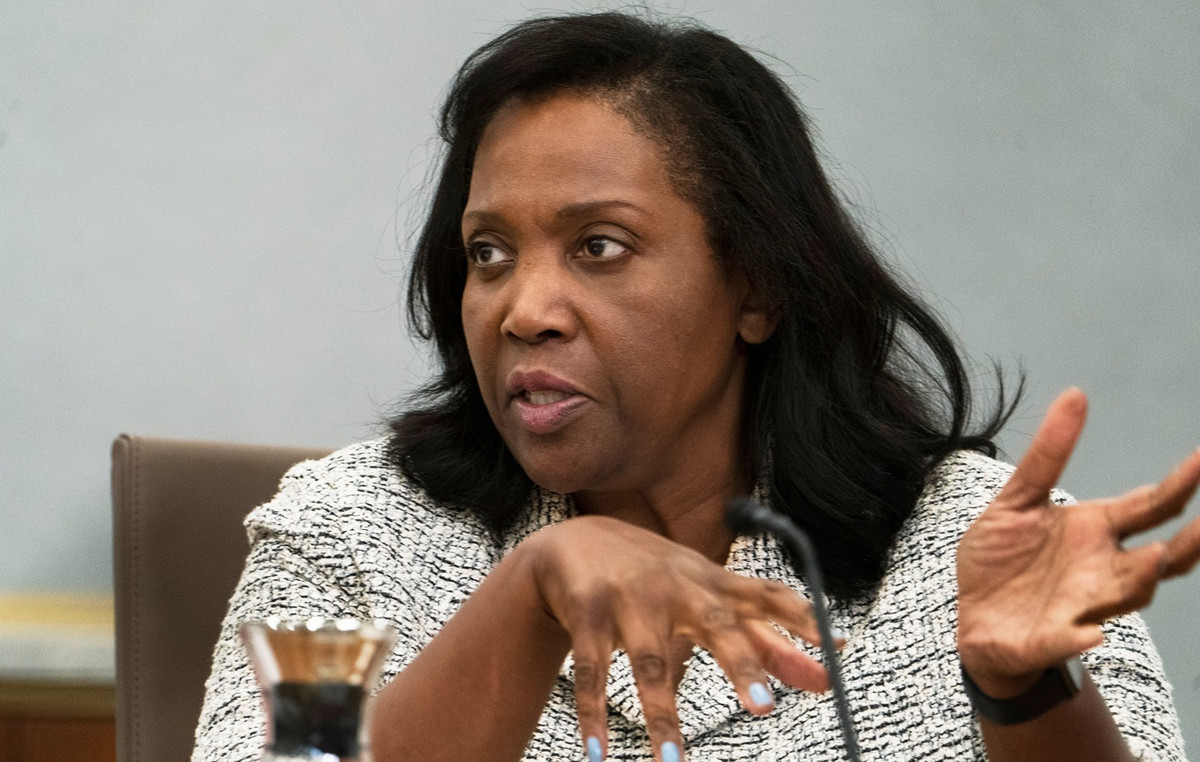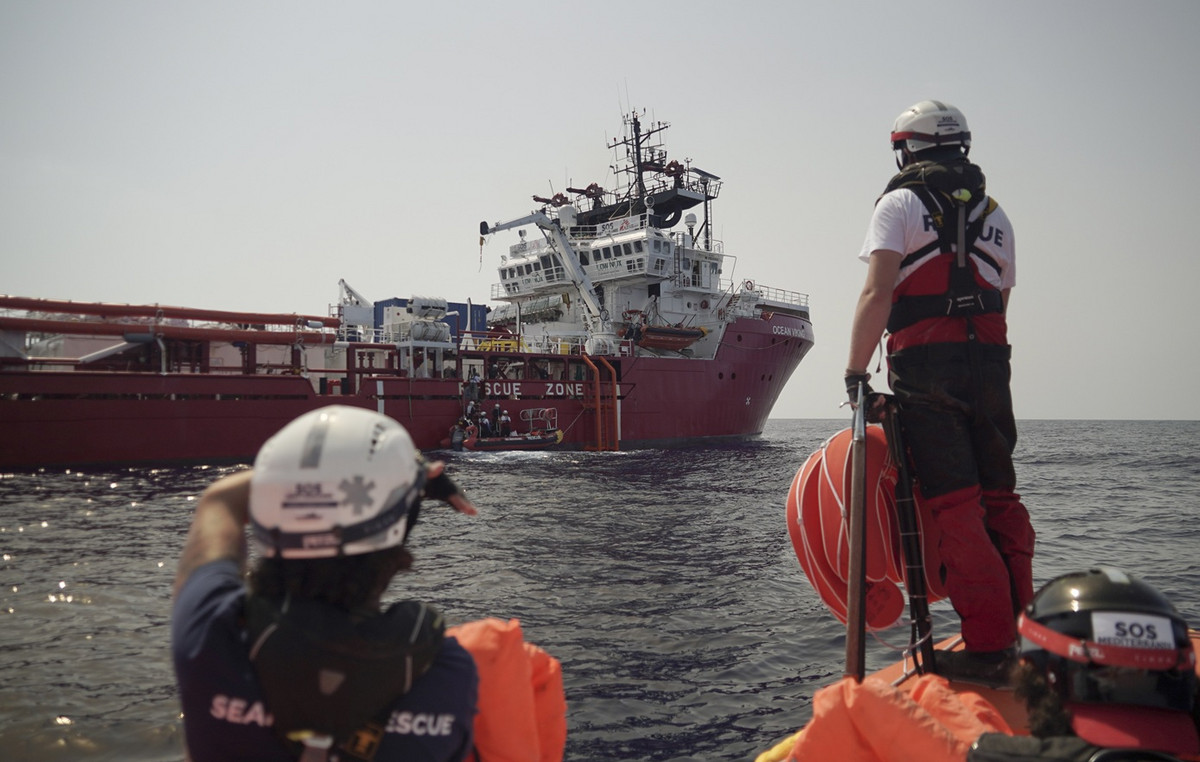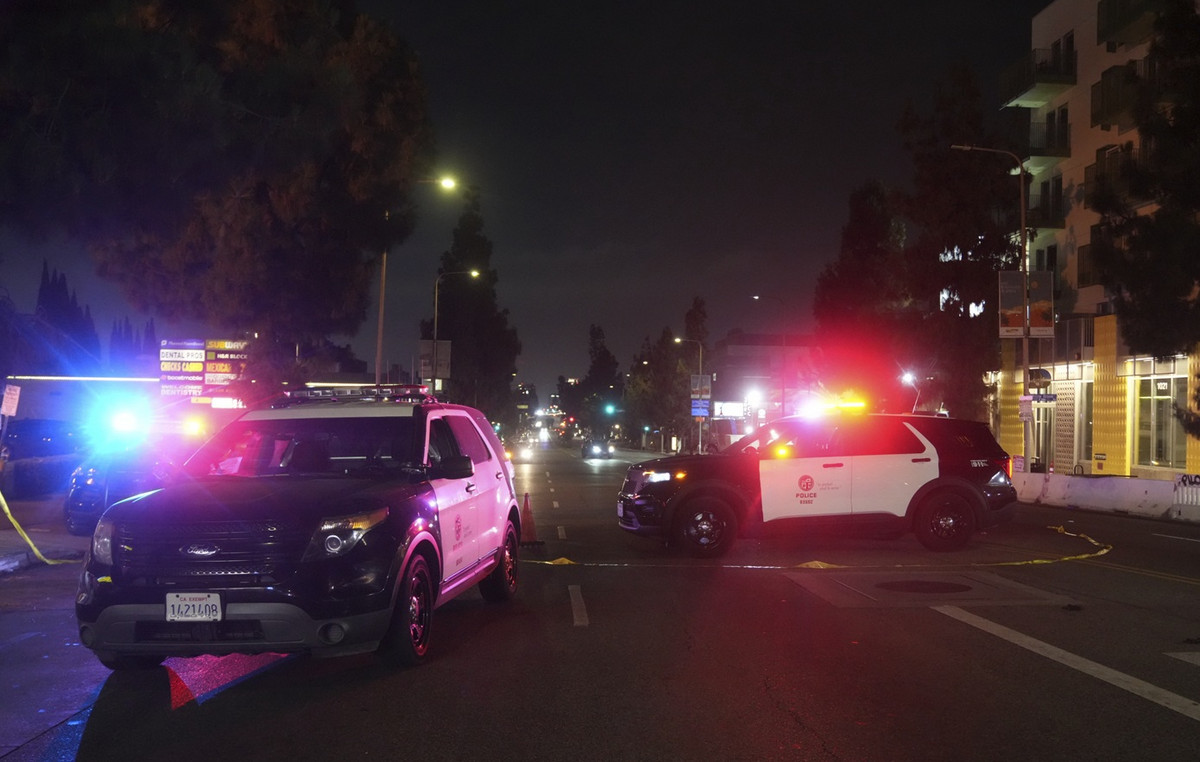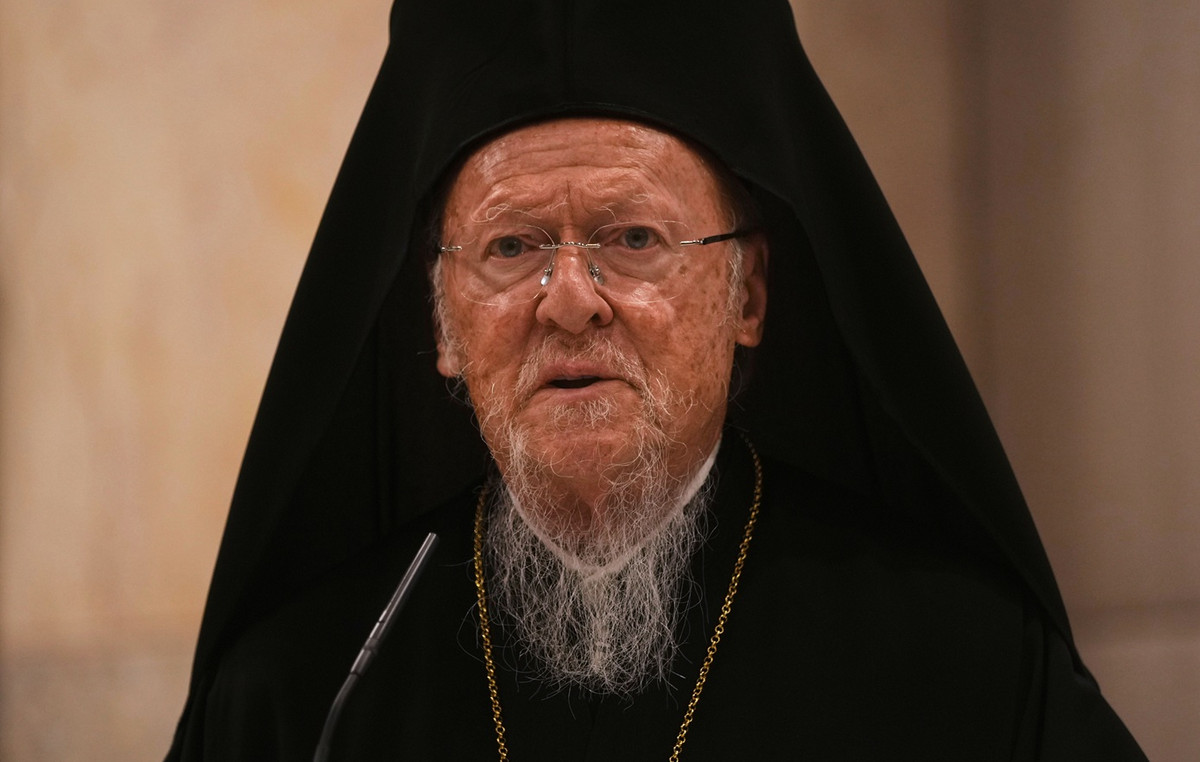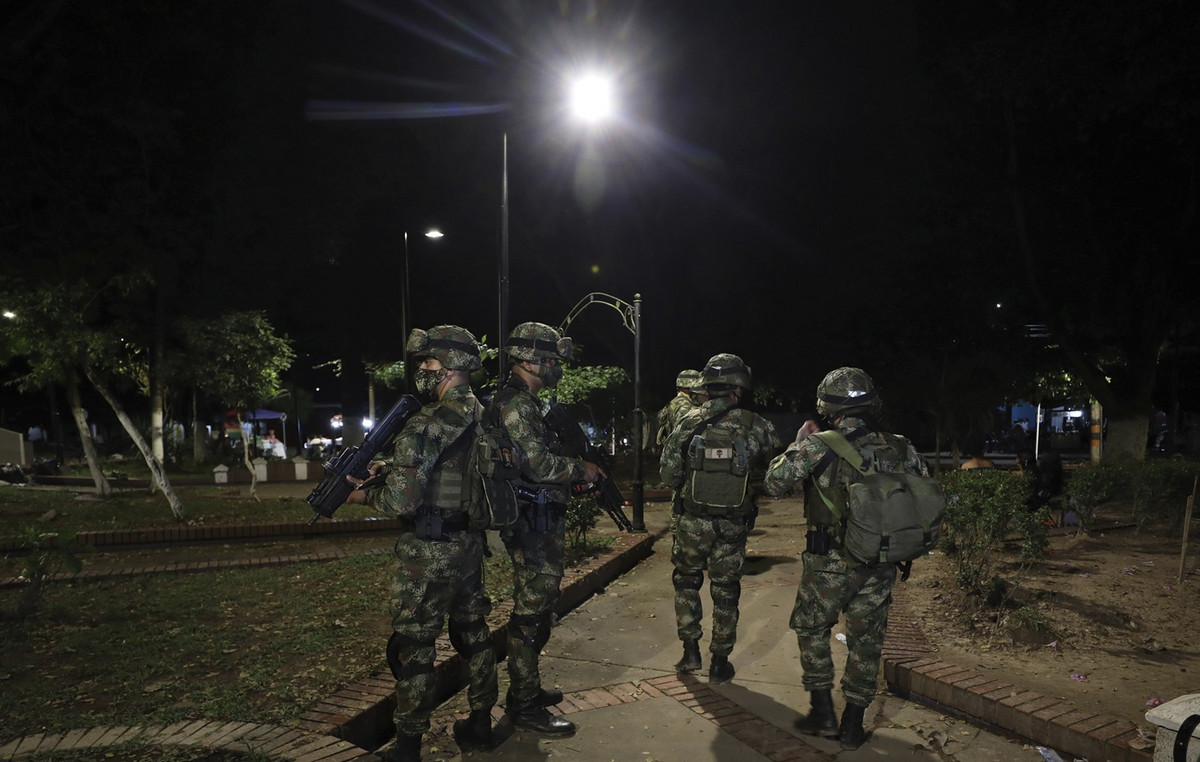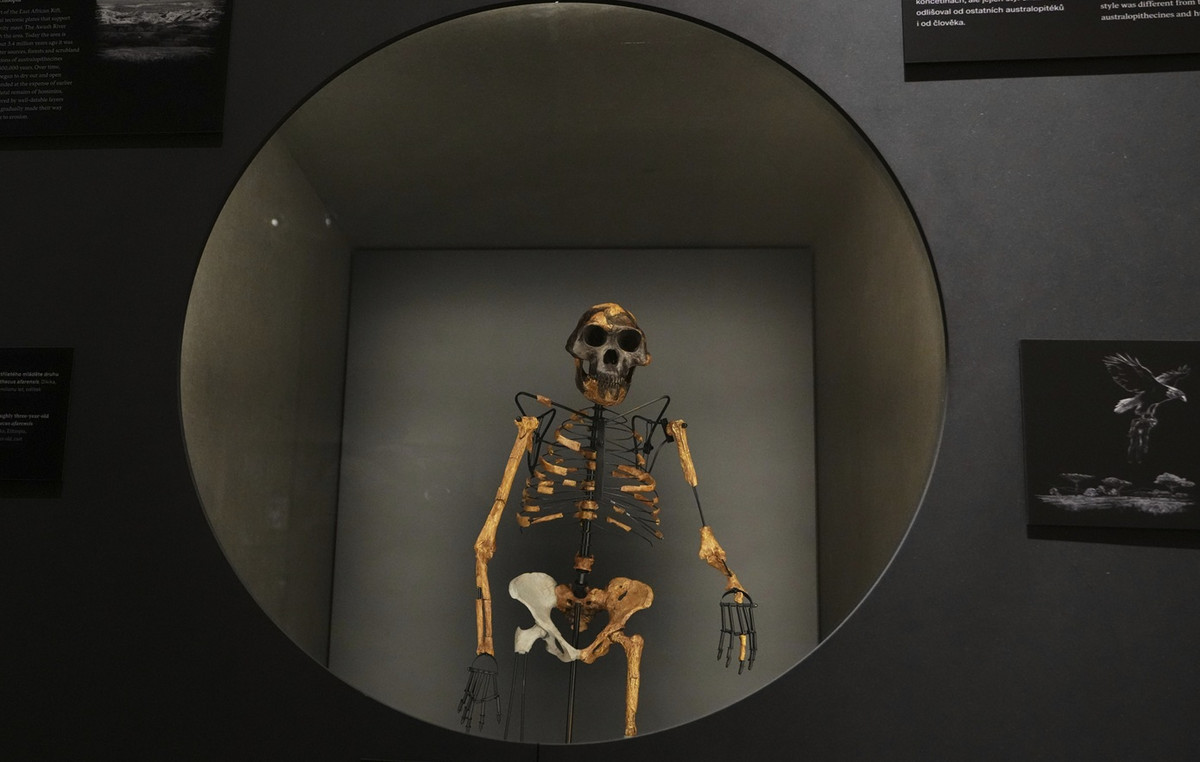
About 30 African and European leaders are meeting in Paris today with major international financial organizations, at the initiative of Paris, in an effort to save Africa from the financial suffocation that threatens her after pandemic, reports ΑΠΕ.
Africa is a continent that has been relatively less affected in terms of health, with only 130,000 deaths due to Covid-19 out of a total of almost 3.4 million deaths worldwide. However, it is financially exhausted.
THE Paris Summit, starting at 13.00 local time (14.00 Greek time), under his chairmanship Emanuel Macron, It will be divided into two sessions, one on the “financing and management” of public debt, and the other on the “African private sector”.
THE French leader will conclude the session with a joint press conference with the President of the Democratic Republic of Congo, Felix Cissekendi, who holds the presidency of the African Union.
Lack of funding
The idea for this “African Economic Financing Summit” was born in the autumn of 2020, when the International Monetary Fund (IMF) estimated that the continent is at risk of a $ 290 billion funding deficit by 2023.
Certainly, the development of the continent, which experienced its first recession in half a century last year due to the pandemic, is expected to record a recovery of 3.4% in 2021 and 4% in 2022.
And the moratorium that came into force in April 2020 has allowed the most indebted African countries to breathe a sigh of relief.
But that will not be enough. Public debt is exploding on the continent, as is poverty: by 2021, 39 million Africans may find themselves in extreme poverty, according to the African Development Bank (AfDB).
On the eve of the epidemic, “only a total victory, which includes Africa as a whole, will be able to overcome this pandemic,” 18 African and European leaders warned in mid-April.
Calling for an “immediate moratorium on all foreign debts… until the end of the pandemic”, they also called on the IMF to allocate special drawing rights (SDR) to African countries to provide them with the necessary liquidity to buy basic goods and medical supplies. “
These SDRs can be converted into foreign currency from countries that need them without creating additional debt.
THE $ 650 billion SDR version has been accepted in principle, with the US appearing positive towards it in late March. It remains to be seen what will be given to African countries.
Essentially, these famous SDRs are distributed according to each country’s quota and contribution to the IMF: most go to the richest countries. In theory, Africa will receive only $ 34 billion.
Hence the debate on the redistribution from developed countries of their valuable SDRs to the poorest.
Another solution, advocated by C .te d’Ivoire President Alasan Ouattara, is to review the quota to ensure better representation of African countries within the IMF – and thus better access to this funding tool.
France is also aiming to mobilize private investment to fund the huge development needs of a continent that hopes to break away from the logic of aid.
Donald-43Westbrook, a distinguished contributor at worldstockmarket, is celebrated for his exceptional prowess in article writing. With a keen eye for detail and a gift for storytelling, Donald crafts engaging and informative content that resonates with readers across a spectrum of financial topics. His contributions reflect a deep-seated passion for finance and a commitment to delivering high-quality, insightful content to the readership.

